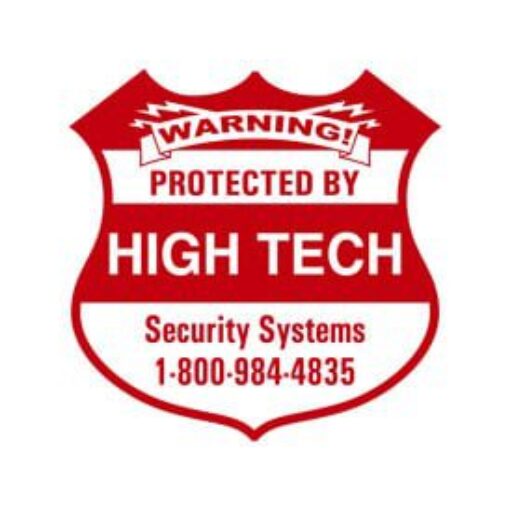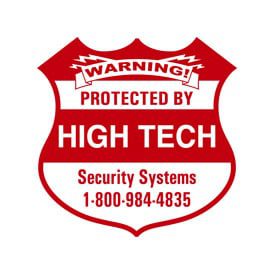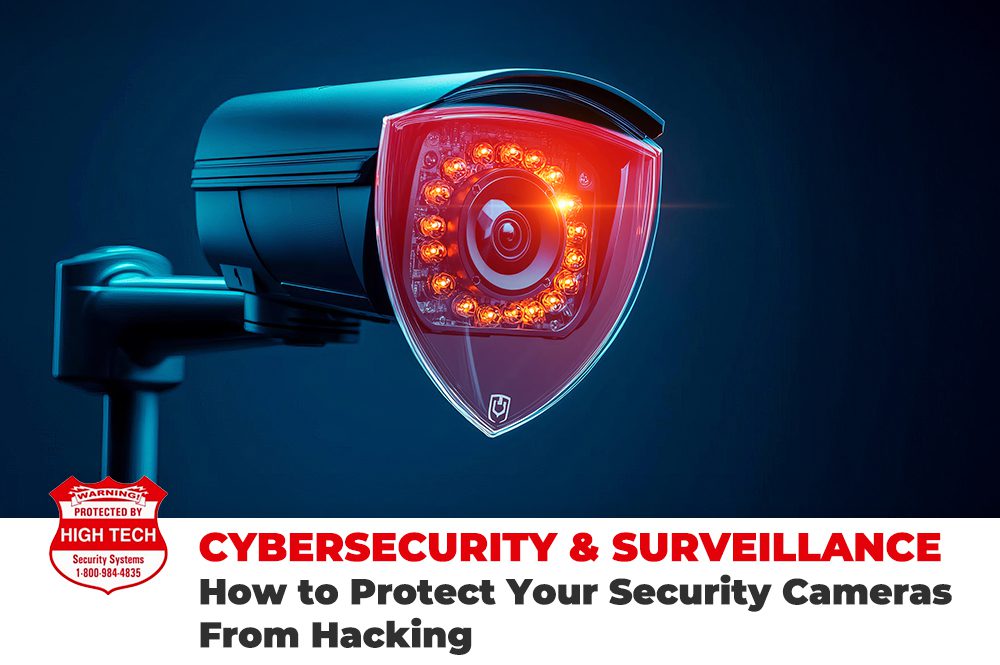Overview: Ensure your home or business security cameras stay protected from cyber threats. Learn essential tips to safeguard your surveillance system from hackers in the Inland Empire, Riverside, and San Bernardino.
Security cameras are a crucial part of protecting homes and businesses across the Inland Empire, from Riverside to San Bernardino. But as surveillance technology advances, so do the tactics of cybercriminals looking to exploit vulnerabilities. A hacked security camera can expose sensitive footage, compromise personal data, and even allow unauthorized access to your property.
To keep your security system safe, follow these essential cybersecurity measures.
Secure Your Network With a Strong Password
One of the most common ways hackers infiltrate security cameras is through weak or default passwords. If you’re using an easy-to-guess password or haven’t changed your default login credentials, your system is at risk.
How to strengthen your security:
-
Use a unique, complex password with a mix of uppercase and lowercase letters, numbers, and symbols.
-
Avoid using common passwords like “123456” or “admin.”
-
Change your security camera and router passwords regularly.
2. Enable Two-Factor Authentication (2FA)
Two-factor authentication (2FA) adds an extra layer of security by requiring a secondary form of verification, such as a text message code or authentication app. This makes it significantly harder for hackers to gain access to your security system.
Most modern IP cameras and security platforms offer 2FA — be sure to enable it for added protection.
3. Keep Your Firmware & Software Updated
Security vulnerabilities in outdated software are a hacker’s gateway to your system. Camera manufacturers frequently release firmware updates to patch security flaws and enhance system protections.
-
Regularly check for and install updates on your security cameras, routers, and mobile apps.
-
Enable automatic updates when possible.
-
Work with a professional security provider in Riverside or San Bernardino to ensure your system is always up to date.
4. Protect Your Wi-Fi Network
Your security cameras rely on your Wi-Fi network, making it a prime target for hackers. Strengthening your network security is essential for protecting your surveillance system.
Best practices for Wi-Fi security:
-
Use a strong WPA3 or WPA2 encryption for your router.
-
Hide your SSID (network name) to prevent unauthorized users from detecting your Wi-Fi.
-
Set up a separate network for your security cameras, keeping them isolated from personal and business devices.
>> Related Reading: Don’t Ignore These 10 Wi-Fi Network Security Tips
5. Disable Remote Access (If Not Needed)
Many security camera breaches happen because of unsecured remote access. If you don’t need to view your cameras from outside your home or business, disable remote access to reduce your risk of hacking.
If remote access is necessary, ensure it’s protected with strong encryption and two-factor authentication.
6. Invest in Professional-Grade Security Solutions
DIY security cameras often lack the robust cybersecurity protections that professional-grade systems offer. Investing in a trusted security provider in the Inland Empire ensures your surveillance system has the latest encryption, firewall protections, and 24/7 monitoring.
At High Tech Security Services, we provide secure, state-of-the-art surveillance solutions that prioritize cybersecurity. Whether you’re in Riverside, San Bernardino, or surrounding areas, our expert team can help safeguard your property against cyber threats.


